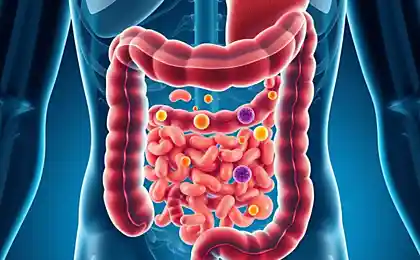150
The main tests that you should do to be calm for your health

Introduction
Regular medical examinations help to identify hidden diseases in the early stages and prevent serious complications. Even if you feel good, preventive tests will help make sure that there are no hidden problems in the body. The health care system recommends basic examinations at least once a year, and people over the age of 40 - every six months.
Key Analysis for Health Control
1. General blood count (UAC)
This test shows the level of hemoglobin, leukocytes, red blood cells and platelets. It helps to identify anemia, infections and inflammatory processes in the body. Normally, the level of hemoglobin in men is 130-170 g / l, in women - 120-150 g / l.
2. Biochemical blood test
Determines the level of glucose, cholesterol, bilirubin, creatinine and other indicators. Allows you to assess the condition of the liver, kidneys and cardiovascular system. It is especially important to monitor the level of glucose: normal indicators - from 3.5 to 5.5 mmol / l.
3. Blood test for sugar and glycated hemoglobin
Helps detect prediabetes and control sugar levels in people with diabetes. Glycated hemoglobin reflects the average blood glucose level over the past three months. For a healthy person, the norm is up to 5.7%.

4. Lipid profile
Determines the level of cholesterol and triglycerides, which is important for the prevention of atherosclerosis and cardiovascular disease. High levels of low-density lipoprotein (LDL) increase the risk of heart attack and stroke.
5. Analysis of the level of vitamins and microelements
Deficiency of vitamins and minerals affects overall health, performance and immunity. For example, low vitamin D levels are associated with the risk of osteoporosis and autoimmune diseases.
6. General urine analysis
Helps to identify diseases of the kidneys, urinary tract and infections. It is important to monitor the level of protein and red blood cells in the urine - their presence may indicate kidney problems.
7. Hormonal studies
Assessing the level of thyroid hormones, sex hormones and cortisol helps to identify endocrine disorders. Deficiency of thyroid hormones (T3 and T4) leads to fatigue, decreased concentration and weight gain.

8. Infection tests
Tests for HIV, hepatitis, syphilis and other infections will help identify hidden sexually transmitted diseases. Early diagnosis allows you to start treatment in a timely manner and avoid complications.
9. Oncomarkers
Help to identify malignant formations in the early stages. Especially important for people with a hereditary predisposition to oncology. For example, an increase in PSA (prostate-specific antigen) levels may indicate a risk of prostate cancer.
Conclusion
Taking these tests regularly helps keep your health under control. Remember that prevention is the best way to avoid serious illness. By investing in your health today, you’re minimizing your future risks.
Glossary
- hemoglobin - blood protein responsible for the transfer of oxygen.
- bilirubin - liver rate.
- Triglycerides Fats whose levels affect the risk of heart disease.
- Glycated hemoglobin Blood sugar levels in the last 3 months.
- Oncomarkers Specific substances in the blood, indicating the possible development of cancer.
- Lipid profile An analysis that determines the level of various types of cholesterol in the blood.
- cortisol - stress hormone, responsible for the regulation of metabolism and immunity.
The Art of Minimalism: How to Get Rid of Tasks That Don't Move You
Eckhart Tolle: How to let go of a negative reaction























